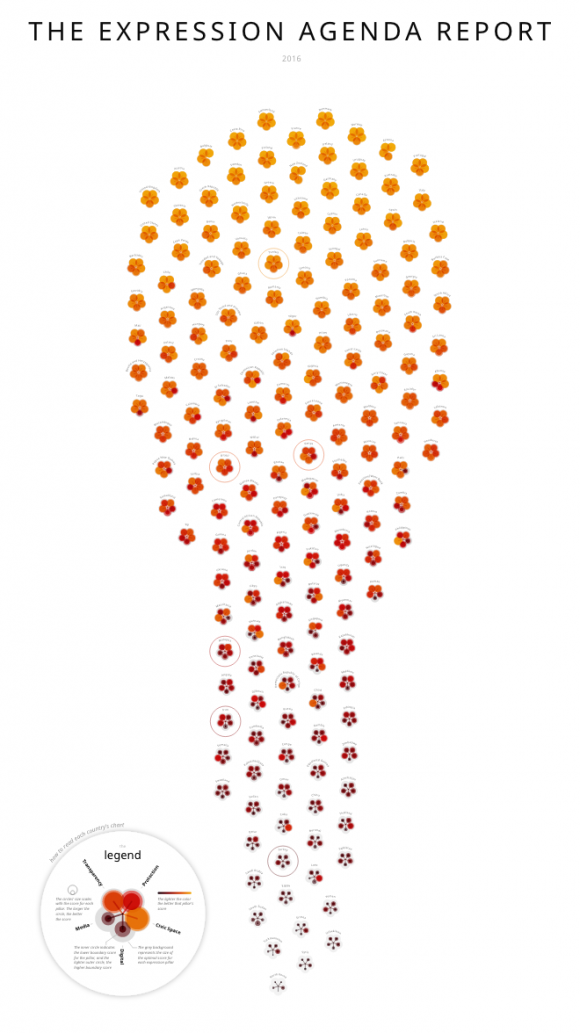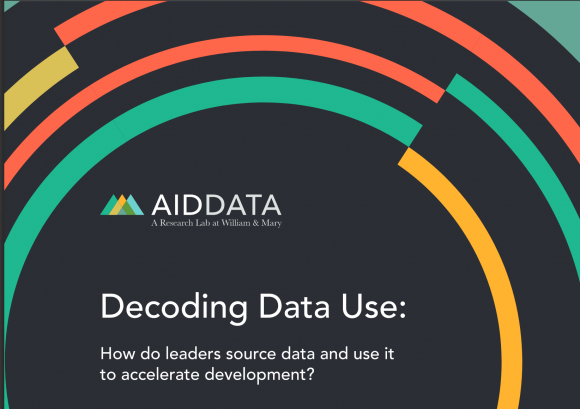
Last week had interesting findings on political mobilization, now with brain scans. Lots of discussions about appropriate methods for measuring government performance, improving statistics and facilitating adaptive programming. Useful resources from the Engine Room and Beautiful Rising. Oh, and Disco!.







